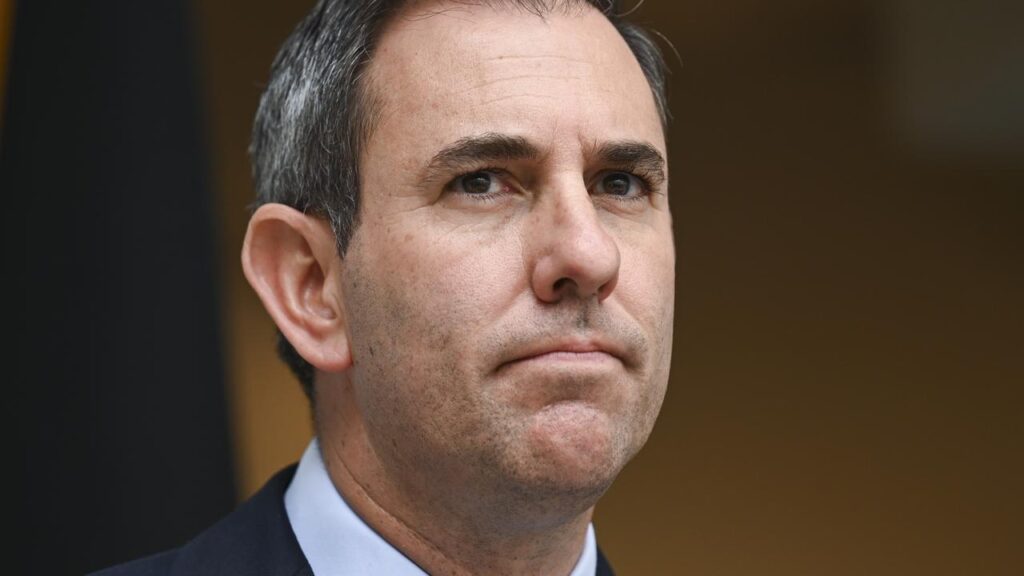Minister grilled after ‘shocking’ report
Written by admin on September 22, 2024
Health Minister Mark Butler has declined to say how the government intends to respond to a damning report that found both the health system and workplaces were failing women.
Released on Wednesday, the report made 25 recommendations, including giving menopausal women flexible work arrangements, and giving extra training to GPs and increasing the time medical students spend on menopause and perimenopause – with the current curriculum only allotting for an hour of education during a five to six-year course.
The senate committee also called on the government to consider paid gender-inclusive reproductive leave, plus a national awareness campaign on the condition, and for menopause to be taught in schools as part of the curriculum.
It also said there needed to be urgent action taken to address shortages of menopause hormone therapy, and reforms to the Pharmaceutical Benefits Scheme to make the drug cheaper and more accessible to women who needed it.
While Mr Butler acknowledged it was an “important inquiry,” and said some of the findings were “shocking,” he wouldn’t commit to whether the government would implement the recommendations.
“This is now one of two really important inquiry reports the Senate has delivered to us around women’s health, and together, they tell a pretty shameful story of women not being taken seriously in the health system about their symptoms,” he told ABC Insiders host David Speers.
“Also our treatment regimes, our PBS medicines … the hormone replacement therapy just not keeping pace with best practice.”
Asked if he would specifically consider the recommendations to ensure flexible work arraignments for women, Mr Butler appeared to dodge the question.
“The report was only delivered in recent days, so we’re going to go through it carefully, but it’s been a really important inquiry,” he said.
“They are complex conditions that need really complex support.”
He said he would be working with Minister for Women Katy Gallagher and Assistant Minister for Health and Aged Care Ged Kearney to consider the findings.
Women, on average, go through menopause between the ages of 45 to 55, which can include the rapid onset of symptoms like hot flushes, vertigo, brain fog, headaches, anxiety and depression.
Throughout the committee, multiple women reported being disregarded by medical professionals with one woman telling the committee: “I’ve been gaslit and misdiagnosed, had symptoms ignored and dismissed, told they’re all in my head or it’s stress, told to exercise, take a holiday, have a glass of wine”.







